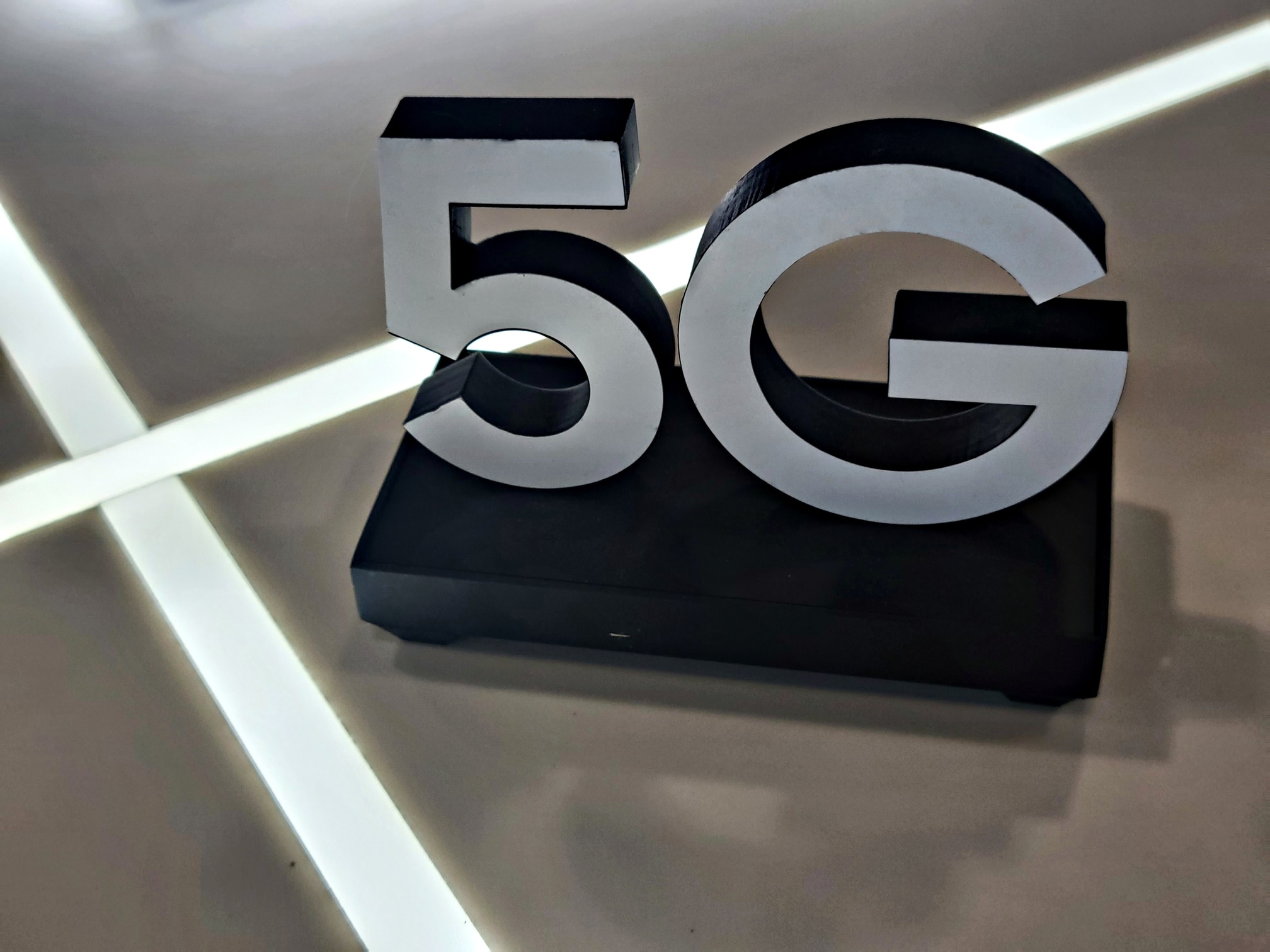What Are the Impacts of 5G Technology on UK Smart City Development?

The world is on the precipice of a new era as we usher in the fifth generation of wireless technology, commonly referred to as 5G. This breakthrough in connectivity is poised to revolutionize how we interact with the world around us, leading the way for the development of smart cities. In the United Kingdom, this technology will contribute significantly to the digital transformation of urban areas. In this article, we’ll explore the potential impacts of 5G technology on the development of smart cities in the UK.
5G and The Vision of Smart Cities
In the realm of smart cities, 5G technology is much more than just an upgrade from 4G. It is a critical enabler that will bring the vision of smart cities to life. Owing to their inherently digital nature, smart cities rely heavily on high-speed, reliable connectivity. The advent of 5G, with its impressive speed and low latency, is set to revolutionize how we think about and plan our urban centres.
Avez-vous vu cela : How Can AI Improve Supply Chain Transparency in the UK Food Industry?
A smart city is essentially a network of interconnected devices and systems that work together to streamline urban services and improve the quality of life for residents. Through the use of IoT devices, which include everything from autonomous vehicles to smart meters and wireless sensors, cities can collect and analyze vast amounts of data. This data can then be used to make informed decisions in areas such as transport, healthcare, energy, and waste management.
The IEEE (Institute of Electrical and Electronics Engineers) has championed the integration of 5G technology and IoT devices in city infrastructure. 5G not only supports the vast IoT networks necessary for smart city development but also allows for real-time data analysis. This capability is crucial for the responsive and efficient delivery of city services.
A découvrir également : What Are the Key Considerations for UK Retailers When Adopting a Phygital Strategy?
Transforming Transportation with 5G
One of the most visible impacts of 5G technology on smart city development will likely be in the realm of transportation. The speed, connectivity, and responsiveness of 5G make it the ideal technology to support the advent of autonomous vehicles and smart transportation systems.
Autonomous vehicles rely on vast amounts of data to navigate city streets safely. This data must be processed in real-time, requiring a network with high speed and low latency, such as 5G. Furthermore, 5G allows for vehicle-to-vehicle (V2V) and vehicle-to-infrastructure (V2I) communication, which will be crucial for managing traffic and ensuring safety on the roads.
In addition to facilitating autonomous vehicles, 5G will also enable smarter public transportation systems. For instance, real-time data on bus locations, passenger counts, and traffic conditions can be used to optimize routes and schedules, leading to increased efficiency and rider satisfaction.
Enhancing Communication and Digital Services
Beyond transportation, 5G will also have a transformative impact on how cities communicate with their residents and how they deliver digital services. The enhanced connectivity that 5G provides will enable more responsive and efficient communication networks.
For instance, 5G will facilitate the rise of smart grids, networks that use digital communication technology to detect and react to local changes in electricity usage. These grids will provide cities with a more efficient way to manage energy use and respond to power outages.
Moreover, the high-speed, high-capacity networks that 5G enables will allow cities to offer more robust and reliable digital services. These could include everything from high-speed public Wi-Fi to digital health services. Ultimately, the implementation of 5G will mean better connectivity, faster services, and a higher quality of life for residents.
Strengthening Data-Driven Decision Making
Smart cities collect and process vast amounts of data to monitor city services, make decisions, and implement improvements. The advent of 5G technology will significantly enhance cities’ abilities to use data effectively.
5G’s high-speed, low-latency networks will allow cities to collect, transmit, and analyze data in real-time. This capability is crucial for several applications, such as traffic management, where real-time data analysis is necessary to respond to changing traffic conditions.
Moreover, the high capacity of 5G networks means that cities will be able to handle more IoT devices and collect more data than ever before. This increase in data will allow for more detailed analysis and more informed decision-making.
5G and The Road to Sustainability
In the face of global climate change, sustainability is a key concern for many cities. Smart cities, in particular, aim to use technology to improve resource efficiency and minimize environmental impact. Here too, 5G has an important role to play.
By enabling more efficient transportation systems and energy grids, 5G could help cities reduce their carbon footprints. For example, autonomous vehicles powered by 5G could reduce congestion and result in less idling, which in turn would lead to lower emissions.
Similarly, smart grids enabled by 5G could offer more efficient energy management, reducing wastage and promoting the use of renewable energy sources. Moreover, the increased data collection and analysis capabilities facilitated by 5G could help cities monitor and manage their resource use more effectively.
As we’ve seen, the impacts of 5G technology on the development of smart cities in the UK are far-reaching. From transforming transportation to enhancing communication, strengthening data-driven decision making, and promoting sustainability, 5G is set to play a crucial role in shaping the cities of the future. However, it’s important to remember that this is only the beginning. As 5G technology continues to evolve and mature, its potential applications in the realm of smart cities are expected to grow. The UK, with its commitment to both technological advancement and smart city development, is well-positioned to lead the charge in this exciting new era.
Aiding Public Safety and Health Services
The advent of 5G technology will remarkably change the landscape of public safety and health services within smart cities. It will act as a catalyst to the development of innovative solutions for emergency services and medical care, thereby significantly improving the quality of life for residents.
Real-time data is vital when it comes to dealing with emergency situations. With 5G, emergency responders will have immediate access to reliable, high-speed data, enabling them to respond more efficiently and effectively. For instance, 5G can aid in crowd control during public events or crises by providing real-time video feeds and swift, clear communication channels between different emergency response teams.
On the health services front, 5G will empower the healthcare sector by facilitating remote patient monitoring, telemedicine, and digital health records. It could also enable the use of AI-driven tools and applications, such as remote robotic surgery and real-time patient monitoring. This not only improves patient care but also significantly reduces healthcare costs. The potential is vast, from wearable health tech that monitors vital signs in real time to AI systems that can predict and prevent health crises before they occur.
Moreover, the use of 5G in public safety can extend to predictive policing, where the police use data analysis to anticipate criminal activity and prevent it from happening. It can help in creating safer neighbourhoods through real-time monitoring and rapid response to any safety issues.
The Intersection of 5G and Private Networks in Smart Cities
Private networks, independent telecommunication networks tailored for specific vertical industries, will play a crucial role in the development of smart cities. The fusion of 5G and private networks will uniquely position the UK’s smart cities to meet the specific demands of different sectors, such as manufacturing, logistics, and the automotive industry.
5G private networks offer benefits like high data rates, low latency, and secure connectivity, which are pivotal in sectors like manufacturing, where real-time data analysis and autonomous driving of factory vehicles can streamline operations and improve efficiency.
In the context of intelligent transportation, the automotive industry can benefit enormously from 5G-enabled private networks. These networks can enhance vehicular communication, contributing to the development of connected vehicles and smart transportation systems. This can lead to a significant reduction in traffic congestion and enhance safety measures on the roads.
Moreover, 5G private networks can support the complex operations involved in logistics by enabling real-time tracking and monitoring of goods, predictive maintenance of vehicles, and autonomous driving.
Conclusion
The rollout of 5G technology in the United Kingdom is set to be a game-changing factor in the development of smart cities. From transforming transportation systems to strengthening the use of data-driven decision making, enhancing public safety measures, and promoting sustainability, these impacts are both broad and profound.
As we move towards a more connected future, the role of 5G technology in shaping smart cities will only become more prominent. It will redefine urban living, offering unprecedented levels of efficiency and convenience. However, the successful implementation of 5G will require strategic planning, collaboration, and commitment from all stakeholders.
The UK, having already proven its dedication to both technological advancement and smart city development, is ready to embrace the 5G revolution. By seizing the opportunities that 5G technology presents, the UK can pioneer a new digital era marked by innovative solutions, improved quality of life, and sustainable urban development. It’s not just about creating smart cities; it’s about creating smarter lifestyles for all its residents.
